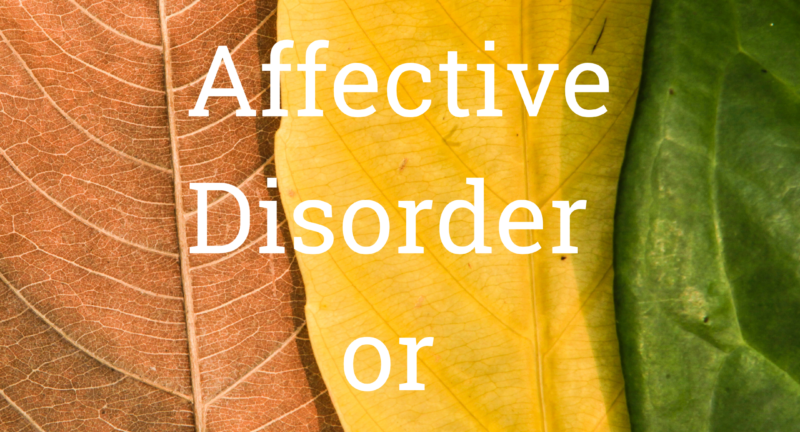
Teen Depression: Signs to Look For & How to Help
Teenage depression isn’t just “a mood swing” or sadness. Depression is a serious mental health condition that can affect teenagers and adults alike. Teen depression can impact your teenager’s mental wellness, physical health, academic performance, and relationships with friends and family.
Here at Next Step 2 Mental Health, our compassionate providers are experienced in treating depression in teenagers, and if you suspect your child is struggling, we encourage you to call us.
In the meantime, you can learn more about depression in teenagers in the article below.
What Are the Signs of Depression in Teenagers?
As with adults, teen depression can affect teens in many ways. Some of the common symptoms of depression include:
- Feelings of sadness
- Low self-esteem and low self-worth
- Feelings of guilt
- Changes to appetite (eating more or less)
- Changes to sleep (sleeping more or less)
- Fatigue
- Loss of passion for favorite hobbies
- Anger
- Difficulty feeling happy
- Feeling anxious
- Headaches or stomach pains
You might notice your teen start to struggle in school or lose interest in extracurricular activities (including spending time with friends). He or she may also seem more irritable.
Remember, Your Teen Isn’t Alone

Approximately 13% of American teenagers experience depression annually. According to a 2018 study, depression has increased (by 47% for boys and 65% for girls) from 2013-2018. Unfortunately, the coronavirus pandemic has further affected the mental health of Americans — teenagers included. The stress of the pandemic, changes to normal school routines, and missing socializing with friends are potential triggers for teens, according to the CDC.
Even though depression is common, it’s important to seek treatment if you spot the signs of depression in your child.
Depression is a serious condition, and it’s one that we take seriously here at Next Step 2 Mental Health. According to the Centers for Disease Control and Prevention, suicide was the second leading cause of death for teens in America in 2017. The CDC cites depression as a major risk factor for suicide.
If your child is in crisis, call 9-1-1. You can also reach the National Suicide Prevention Lifeline at 1-800-273-TALK (8255) for English, 1-888-628-9454 for Spanish.
The National Suicide Prevention Lifeline is a national network of local crisis centers that provides free and confidential emotional support to people in suicidal crisis or emotional distress 24 hours a day, 7 days a week. We’re committed to improving crisis services and advancing suicide prevention by empowering individuals, advancing professional best practices, and building awareness.
How Is Teen Depression Treated?
Even though depression can impact teens (and entire families), it can be treated, and with the right treatment, your teen may start to feel better. So, how is depression treated? Because depression is a complex illness, there isn’t a one-size-fits-all treatment, especially if your teen has co-occurring conditions, such as anxiety or ADHD.
Depression treatment often involves therapy as well as medication. Depression can trigger hopelessness, but remember, it is treatable. Learning about depression, offering a listening ear, and supporting your teen with the right treatment can help. Here at Next Step 2 Mental Health, our multidisciplinary team offers everything your teen needs under one roof, from medication management to therapy.
To learn more about depression or to schedule an appointment, click here.
Related Posts
Do You Have Depression or Seasonal Affective Disorder?
Winter blues. Winter funk. The Blues. Whichever name you use, the reality is that...
Learn about Seasonal Affective Disorder
Fall is just around the corner. While the thought of pumpkins and cozy sweaters...


